Variants in GCNA, X-linked germ-cell genome integrity gene, identified in men with primary spermatogenic failure
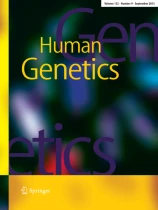
Another paper by the GEMINI Consortium is available online in Human Genetics. Congratulations to all! Abstract Male infertility impacts millions of couples yet, the etiology of primary infertility remains largely unknown. A critical element of successful spermatogenesis is maintenance of genome integrity. Here, we present a genomic study of spermatogenic failure (SPGF). Our initial analysis […]
Lack of evidence for a role of PIWIL1 variants in human male infertility
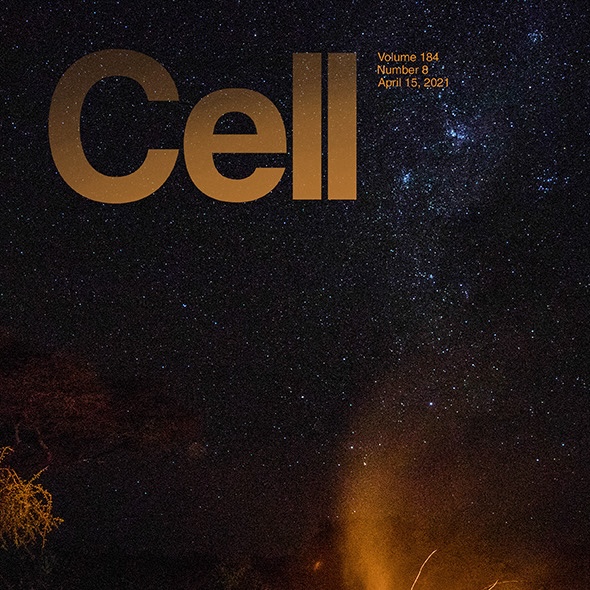
GEMINI collaborators publish letter in Cell disputing previously published data claiming the role of PIWIL1 D-box region mutations in human azoospermia. The article is now available online. Congratulations!
The Sertoli cell expressed gene secernin-1 (Scrn1) is dispensable for male fertility in the mouse
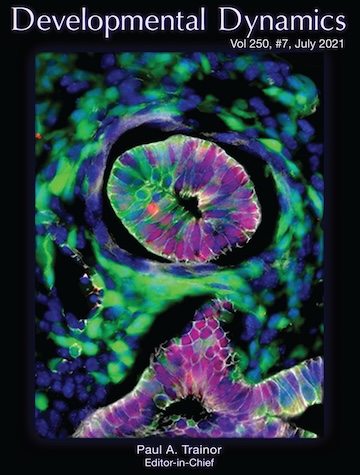
The latest paper from GEMINI collaborators investigating the role of Scrn1 in male fertility is now available online in Developmental Dynamics. Congratulations to all! Abstract Background: Male infertility is a prevalent clinical presentation for which there is likely a strong genetic component due to the thousands of genes required for spermatogenesis. Within this study we investigated […]
The genetic architecture of sporadic and multiple consecutive miscarriage
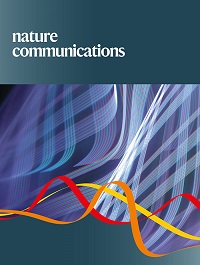
Don’s paper with collaborators at WashU – describing GWAS meta-analyses for sporadic and multiple consecutive miscarriage – is now available online in Nature Communications. Congratulations! Abstract Miscarriage is a common, complex trait affecting ~15% of clinically confirmed pregnancies. Here we present the results of large-scale genetic association analyses with 69,054 cases from five different ancestries […]
Disruption of human meiotic telomere complex genes TERB1, TERB2 and MAJIN in men with non-obstructive azoospermia
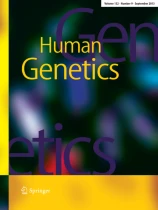
The latest paper from GEMINI collaborators, in which exome sequencing of an affected family as well as unrelated cases suggests an important role of MTC genes in non-obstructive azoospermia, is now available online in Human Genetics. Congratulations to all! Abstract Non-obstructive azoospermia (NOA), the lack of spermatozoa in semen due to impaired spermatogenesis affects nearly […]
Mutation of CFAP57, a protein required for the asymmetric targeting of a subset of inner dynein arms in Chlamydomonas, causes primary ciliary dyskinesia
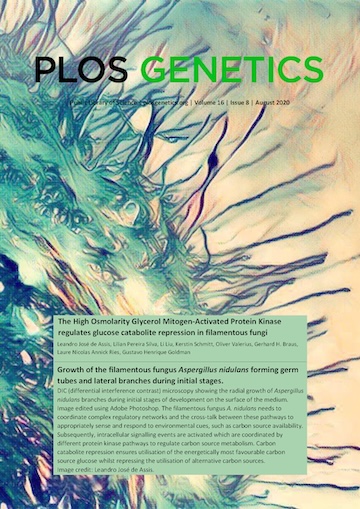
Don’s paper with collaborators at UNC and WashU is a nice example of how whole exome sequencing and bioinformatic analysis can be effectively used to identify pathogenic variants in rare genetic diseases. The article is now available online in PLoS Genetics. Congratulations! Abstract Primary ciliary dyskinesia (PCD) is characterized by chronic airway disease, reduced fertility, […]
Genetic dissection of spermatogenic arrest through exome analysis: clinical implications for the management of azoospermic men
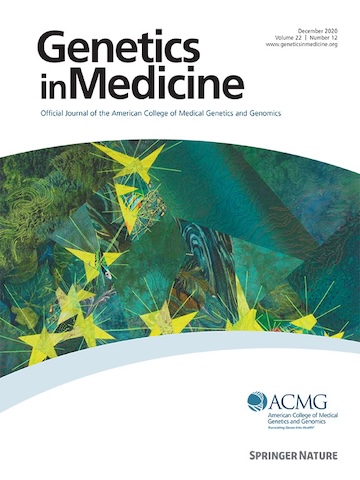
Don and Liina’s paper with GEMINI collaborators shows promise for the clinical utility of a pre–testicular sperm extraction (TESE) prognostic gene panel. The article is now available online in Genetics in Medicine. Congratulations! Abstract Purpose: Azoospermia affects 1% of men and it can be the consequence of spermatogenic maturation arrest (MA). Although the etiology of MA […]
Bi-allelic Mutations in M1AP Are a Frequent Cause of Meiotic Arrest and Severely Impaired Spermatogenesis Leading to Male Infertility
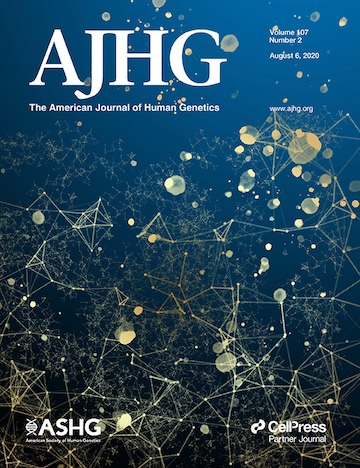
Don and Liina’s paper with GEMINI collaborators, in which whole exome sequencing was performed on 58 men, is now available online in the American Journal of Human Genetics. Congratulations! Abstract Male infertility affects ∼7% of men, but its causes remain poorly understood. The most severe form is non-obstructive azoospermia (NOA), which is, in part, caused […]
A framework for high-resolution phenotyping of candidate male infertility mutants: from human to mouse

Don’s paper with GEMINI collaborators at Monash University in Australia is now available online at Human Genetics. The paper presents a best practice guide when using the mouse as a model for male infertility, specifically as it relates to interpreting NGS data from infertile men and categorizing infertility types. Congratulations! Abstract Male infertility is a heterogeneous […]
Identification of Genetic Variants in CFAP221 as a Cause of Primary Ciliary Dyskinesia
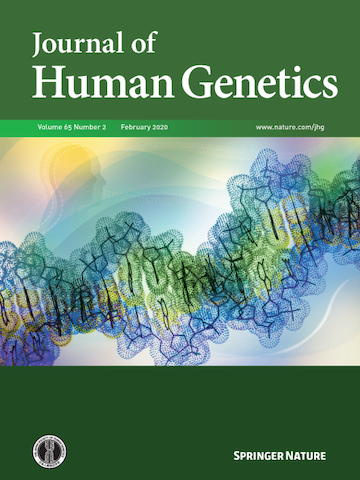
Don and Wu-Lin’s paper with collaborators at UNC – describing work they did to use PSAP to find a novel cause of PCD – is now available online in the Journal of Human Genetics. Congratulations! Abstract Primary ciliary dyskinesia (PCD) is a rare disorder that affects the biogenesis or function of motile cilia resulting in […]